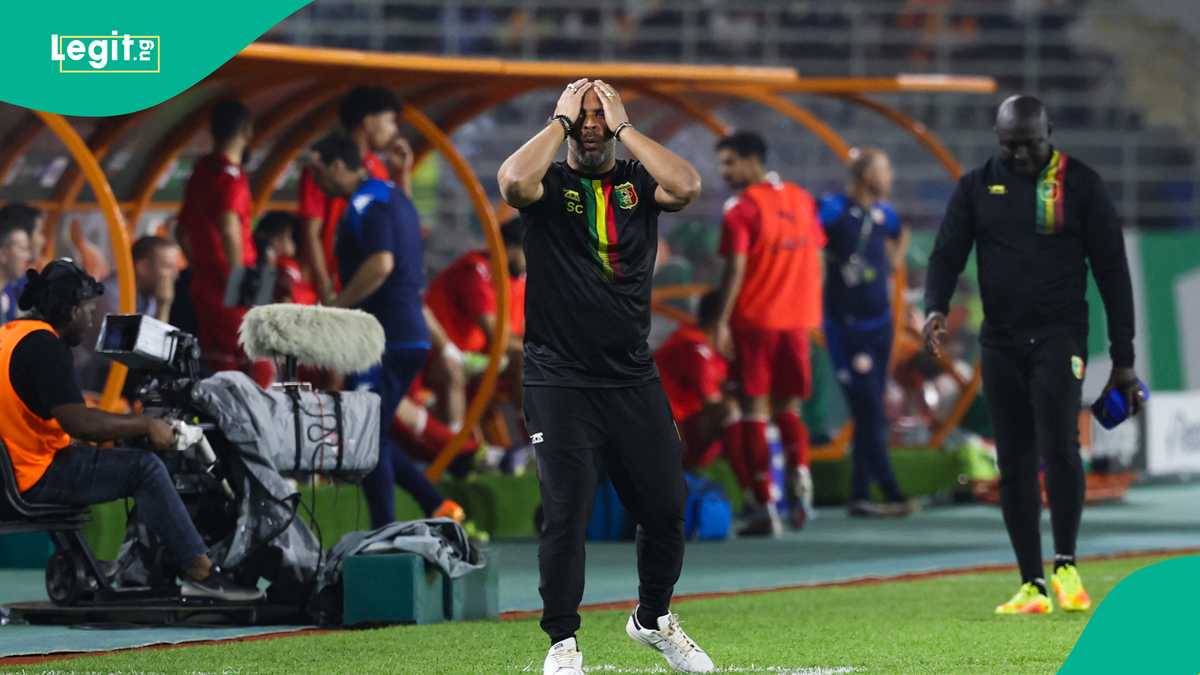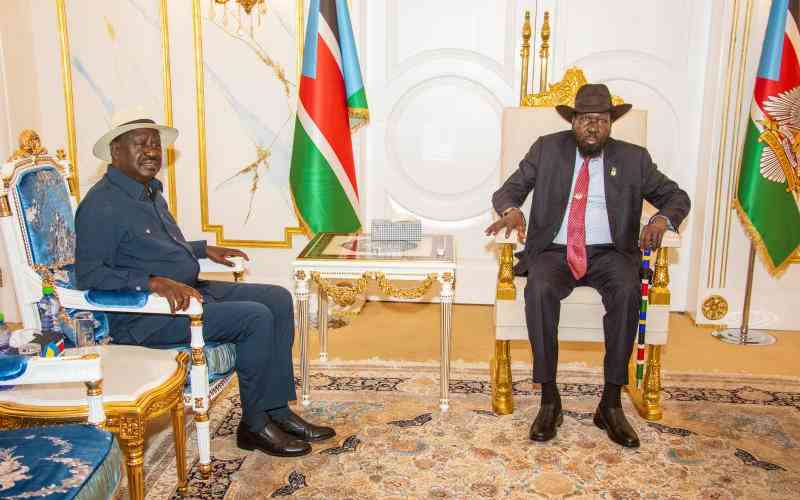CAN urges northern states to reopen schools shut for Ramadan

The Christian Association of Nigeria (CAN) has voiced strong objections to the closure of schools in Bauchi, Katsina, Kano, and Kebbi states during the Ramadan fasting period. This directive, mandating closures for up to five weeks, has been criticized as a violation of students’ rights and a disruption to their academic progress.
Archbishop Daniel Okoh, the President of CAN, issued a statement emphasizing that such measures raise serious concerns about equity, educational continuity, and the welfare of all citizens, regardless of their religious beliefs. He pointed out that education is a fundamental right, and these extended closures could significantly hinder the educational advancement of millions of students.
CAN's statement highlighted the already alarming rates of out-of-school children in these states, which average around 44%, far exceeding the national average. The association warned that prolonged breaks could exacerbate this crisis, undermining efforts to provide quality education for all.
The lack of broad consultation with stakeholders prior to these directives has also been a major point of contention. CAN leadership in the affected states claims they were not adequately engaged, despite assurances of stakeholder involvement. The association argues that policies impacting diverse populations require transparent and inclusive dialogue with parents, educators, religious leaders, and school proprietors.
Referencing global examples, CAN noted that predominantly Islamic nations like Saudi Arabia and the United Arab Emirates (UAE) do not shut down schools for the entire fasting period. Instead, they adapt schedules to balance education with religious practice. CAN suggests that Nigeria’s northern states should strive for similar pragmatism.
Archbishop Okoh urged the governors of Bauchi, Katsina, Kano, and Kebbi to reconsider these directives and open channels of dialogue with key stakeholders to find more inclusive solutions. He also cautioned that if these rights continue to be jeopardized, CAN is prepared to pursue legal action, including seeking restraining orders through the courts, to safeguard the constitutional rights to education and freedom of conscience.
Several other organizations and figures have also voiced their opposition to the school closures. The Middle Belt Forum (MBF) views the directive as a manifestation of Boko Haram’s ideology, opposing Western education. The Impacthive Centre for Accountability, Democracy, and Rights (ICADAR) criticized the decision as a politicization of religion that undermines the future of young learners.
The National Association of Nigerian Students (NANS) has issued a 72-hour ultimatum to the governors, demanding an immediate reversal of the decision, threatening mass protests if their demands are not met.
Critics argue that this forced vacation is not in line with Islamic principles and raises questions about whether fasting should impede other legitimate activities. They point out that students have historically managed to balance fasting with their studies and that the closures could negatively impact students' academic performance, especially given the previous disruptions caused by COVID-19 and various strikes.
The governors of the affected states—Bala Mohammed, Dikko Umar Radda, Abba Kabir Yusuf, and Nasir Idris—have been called upon to engage in transparent dialogue and act in good faith to resolve this issue. The education of children and the unity of the states are at stake, making it imperative to find a fair and cohesive solution.











